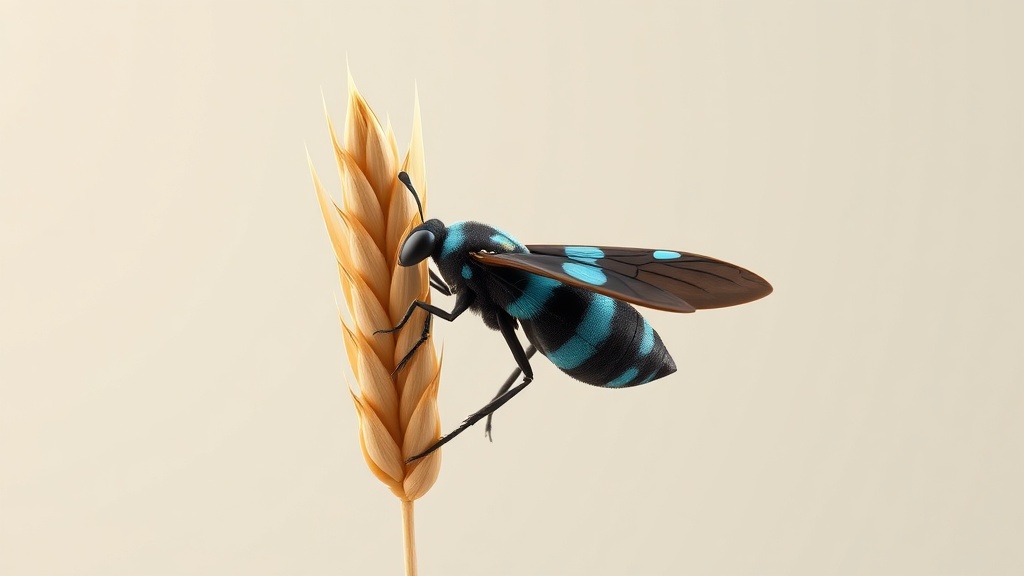Home / Environment / Rare Wasp-Mimicking Moth Becomes 10,000th Species at UK Nature Reserve
Rare Wasp-Mimicking Moth Becomes 10,000th Species at UK Nature Reserve
7 Oct
Summary
- Rare six-belted clearwing moth, which mimics wasps, recorded as 10,000th species
- Wicken Fen nature reserve in Cambridgeshire is UK's most biodiverse
- Reserve has recorded 13 new species discoveries in the 20th century

In a remarkable milestone, the National Trust's Wicken Fen nature reserve in Cambridgeshire has recorded its 10,000th species of wildlife. The latest addition to this impressive tally is a rare moth known as the six-belted clearwing, which has evolved to mimic the appearance of a wasp in order to avoid predators.
The conservation charity states that Wicken Fen is now the "most biodiverse recorded reserve in the UK", with wildlife records dating back over 200 years. Remarkably, 13 species that were new to science were discovered on the reserve during the 20th century alone.
The surge in recorded species at Wicken Fen is attributed to an expansion of the reserve that began in 1999, as well as warmer temperatures leading to more insects moving northward and more sophisticated monitoring methods. According to the National Trust's countryside manager, Alan Kell, "If you give nature the opportunity and the space, it will do remarkable things."




